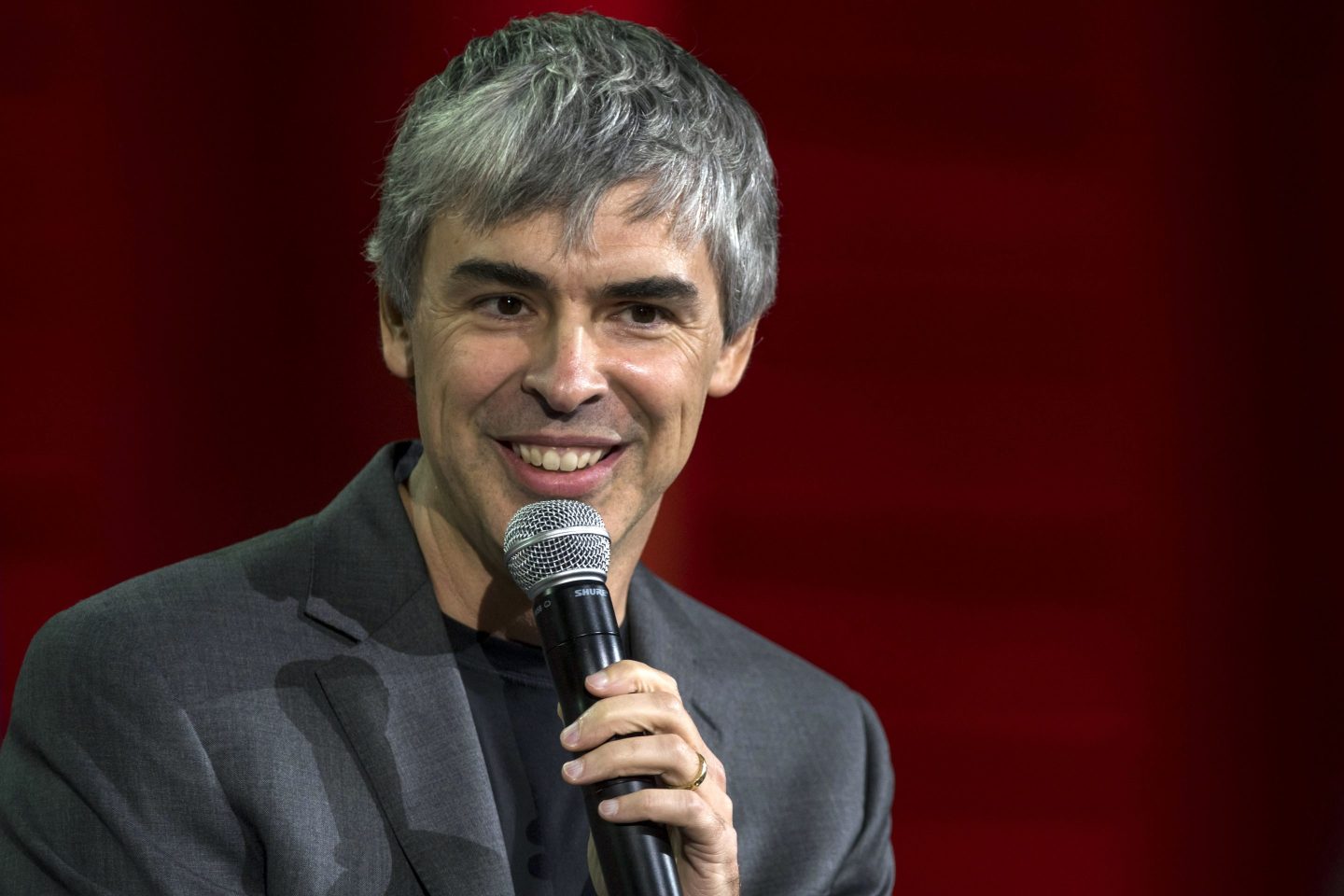Good morning! Fortune writer Lily Mae Lazarus here, filling in for Ruth.
Not everyone is cut out for the corner office, and few know this better than Blackstone’s Courtney della Cava.
As the asset manager’s senior managing director and global head of portfolio talent, she has spent the last four years refining Blackstone’s CEO recruitment framework for its 250 portfolio companies, developing a meticulously structured and thorough executive hiring process that’s said to be industry-leading.
The rigorous three- to four-month recruitment process she designed is exhaustive, involving nearly a dozen interviews with Blackstone stakeholders, advisors, and consulting partners, along with board presentations, third-party assessments, in-depth reference feedback, and a lengthy psychometric evaluation to assess a candidate’s cognitive ability, character, motivations, and leadership ability.
“Being a CEO is a high-intensity sport,” she told Fortune’s Ruth Umoh in a newly published feature for the February/March 2025 issue. “For the right person, it’s extraordinary. But it’s not for everyone.”
Blackstone’s CEO search process is engineered to maximize the odds of choosing the right leader—someone who can handle the volatility, complexity, and relentless demands of the role.
The firm’s assessment system identifies key traits indicative of a candidate’s likelihood of success or failure, grouping them into “success modes” and “failure modes.”
Success mode traits include resilience, grit, humility, and a track record of cultivating loyalty and followership. Leaders with these attributes thrive under pressure, adapt well to complex changes, and maintain stability under scrutiny. They exhibit high emotional intelligence, exceptional interpersonal skills, self-awareness, accountability, and humility.
By contrast, failure modes often manifest as insecurity, inflexibility, and low cognitive ability. Candidates with these traits tend to struggle with problem-solving and decision-making, operate at a lower processing speed relative to executive peers, and resist adaptation. They often seek external validation, struggle to strike the right balance between hands-on leadership and strategic delegation, and mask shortcomings by withholding information.
Yet even with this rigorous vetting process, Della Cava acknowledges that selecting the right CEO is as much an art as it is a science. It’s easy to be captivated by charisma or an impressive résumé, she says. But ultimately, the real question is: Can this person deliver what the business needs, in the way it needs it, at the time it needs it?
Lily Mae Lazarus
lily.lazarus@fortune.com
Today’s issue was edited by Ruth Umoh.
Smarter in seconds
AI underdog. How DeepSeek’s millennial cofounder went from lowkey math geek to one of tech’s hottest players
All about attitude. Cisco’s top exec and Amazon’s Andy Jassy share the same hiring red flag—and it’s something that can’t be taught
Fine print. What America’s tech billionaires really bought when they backed Donald Trump
Back in business. Why retired CEOs like Nike’s Elliott Hill keep coming back
Leadership lesson
“For all the technology in the world, nothing is faster than the speed of human interaction.” —Dell's CEO on in-person collaboration
News to Know
The Trump administration’s anti-DEI stance could reshape the future C-suite by limiting diversity in the leadership pipeline. Fortune
Amazon is implementing a management restructuring by instructing managers to increase direct reports, reduce senior hires, and reduce employee compensation. Business Insider
Microsoft cofounder and philanthropist Bill Gates is reconsidering the evolving role of billionaires today. NYT
Meta is considering relocating its incorporation from Delaware to Texas, mirroring Tesla’s move under Elon Musk. WSJ
Canada, Mexico, and China are preparing retaliatory tariffs on U.S. goods. NYT












